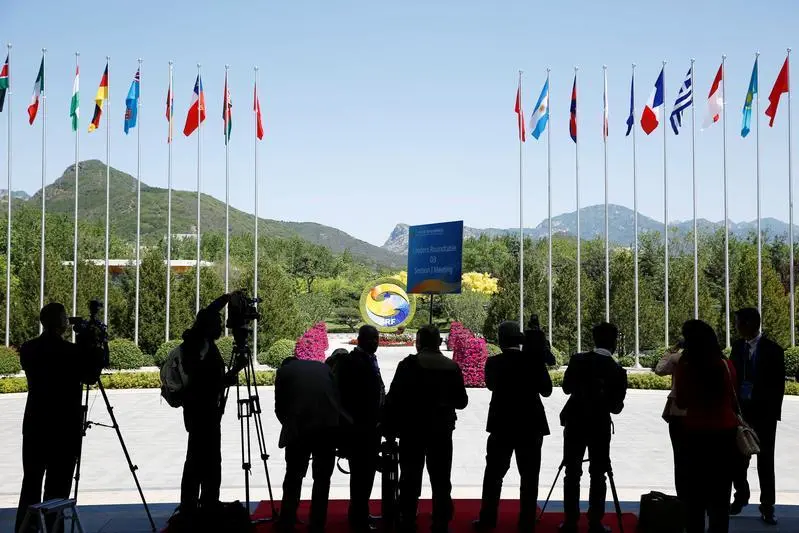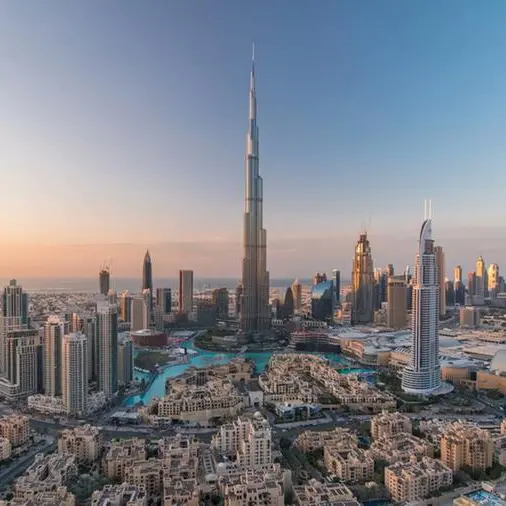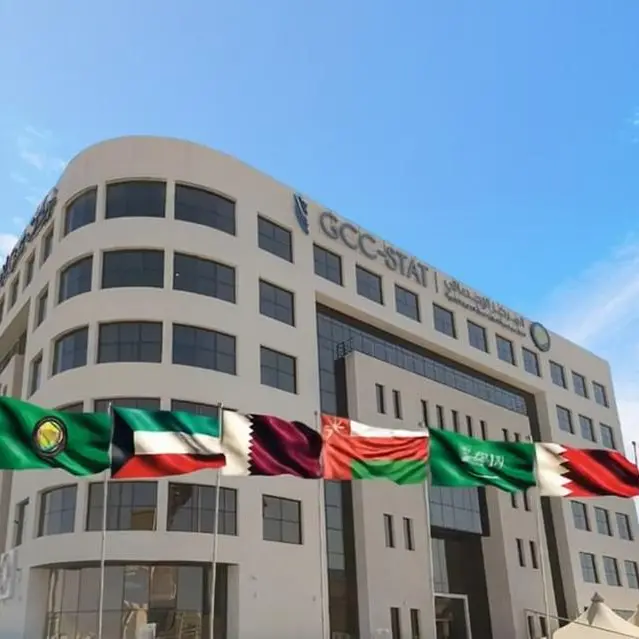PHOTO
“We are good at financing roads, but it does not make sense for Europe to build a perfect road between a Chinese-owned copper mine and a Chinese owned harbour. We have to get smarter when it comes to these kinds of investments.”
European Commission President Ursula von der Leyen pulled no punches as she announced the EU’s new Global Gateway development scheme.
Together with the U.S. and G7 backed Build Back Better World, these new schemes want to offer alternative, “more transparent” funding, in an effort to counter perceived power grabs along China’s flagship Belt and Road initiative, now in its eighth year, with some $3 trillion invested in 130 countries.
Competing global development financing should, in theory, ensure that the customer gets the best deal. Done properly, greater competition should lead to higher ‘green’ standards’, better transparency and lending rates, and less political baggage for developing countries intent on pivoting to a more sustainable economy.
But there are concerns that competing schemes may end up muddying the waters or financing climate negative projects to secure a foothold in new markets. And, while China positions itself on an all-inclusive ‘win-win’ global development footing, analysts believe the current security relationship between the U.S. and China needs to be addressed before any bridges can be built.
It’s now accepted that the climate crisis is entirely man-made. Developed countries, which polluted as they grew their economies, now face the unenviable task of convincing developing countries to move away from fossil fuels entirely and reduce their carbon footprints.
This is further complicated by the fact that most of what the west imports is made in India and China, with all the resulting emissions.
The US-led G7 initiative Build Back Better (B3W) programme launched in June 2021 has been positioned as a BRI alternative for low- and middle-income countries who need $40 trillion worth of infrastructure by 2035.
However, experts have questioned where the funding will come from, as China already uses its state banks to fund projects, while B3W will rely largely on private investment, with some government incentives yet to be fully nailed down.
Global Gateway gamble?
The European Union’s $46 billion Global Gateway is smaller in scope and will focus on digital, transport, energy and trade projects across the globe but with particular focus on neighbouring markets. The EU wants its Global Gateway to act as a buffer to BRI, but it’s unclear what the finance mix will be. Several EU-member states have already accepted Chinese funding for projects.
China’s Foreign Minister, Wang Yi, said in November last year that China supports global development through cooperation, adding: “We need to stay committed to the win-win approach instead of a zero-sum mentality. While competition may exist in the process of cooperation, it should be positive and benign in nature, and should be guided by the principle of seeking mutual benefit and win-win results. No country should arbitrarily start vicious competition such as decoupling or severing industrial and supply chains. Still less should one force any third party to take sides in competition.”
But the architects of Europe’s Global Gateway and the B3W scheme are quite forthright in their criticism of China and the BRI, for its lack of transparency, sustainability, and workers’ rights. There are also concerns over the political leverage Beijing can exert on countries signed up to loans they may struggle to service.
European Commission President Ursula von der Leyen made that clear recently, during a speech to a Global Town Hall virtual gathering organised by Indonesian industry. Chinese Foreign Minister Wang Yi was also present.
“What does Europe have to offer on connectivity and infrastructure? When we invest in big infrastructure abroad, we do care about making business. But we also care about respecting the environment. We care about workers' rights and preventing the exploitation of children. We care about users' rights in the digital world and guaranteeing that they always have control over their data. And we care about the financial sustainability of every single project. In a partnership with Europe, what you see is what you get. We want to create links, not dependencies.”
“It (Global Gateway Initiative) is our strategy to foster investments in connecting our world, building on our shared values and with a strong commitment to transparency and inclusivity. Global Gateway and B3W and the Clean Green Initiative (The UK’s $3 billion green finance scheme) are not only complementary, but they even reinforce each other.”
Trade exchanges between Europe and the Indo-Pacific region are higher than between any other regions in the world. And 40 per cent of Europe's foreign trade flows through the South China Sea.
Substandard outcomes
Analysts believe that the more competition there is for funding, the better the outcome for the recipient, who can strike better deals and potentially play one scheme against the other.
This, however, is also where the danger lies, experts say. If the rivalries between the global frameworks are allowed to dictate project awards, then lower quality, less sustainable projects might find financing they would otherwise not receive.
Dr Christoph Nedopil Wang, Director, Green Finance & Development Center at Fudan University, in China, said: “For the different initiatives, the new competition in development finance can – if done well – lead to higher standards for green development and more financing options.
“This requires both the promoters of the different development programs, such as the EU, the G7 and China, to specify their green development goals and standards, and for recipient countries to prefer green development finance.
“If done badly, the quagmire of development initiatives can allow local leaders in recipient countries to play the initiatives against each other, to find investors even for low-quality projects, e.g. for a promise of other political favours.”
A European Council on Foreign Relations report states that the new Global Gateway could rival BRI, but several obstacles remain.
“China exerts a great deal of influence on other countries through its state banks.
“If the EU is to remain credible, it may also need to take a more active role in regulating the activity of European financial and other companies that resist European climate policy goals. The latest Banking on Climate Change report finds that EU-based banks provided $635 billion in financing for the dirtiest forms of fossil fuel extraction and development between 2016 and 2020.”
The report adds: “To persuade countries in the global south to engage in green development, the EU will need to outbid other sources of investment. The most prominent of these sources is China’s Belt and Road Initiative.
“China will continue to develop and produce low-cost green technologies such as electric vehicles. In a time of increasing geopolitical tensions, the EU needs both to engage and to compete with China in climate action.”
Security challenges
Professor David M. Lampton, Professor Emeritus of China Studies at John Hopkins University in the U.S. and a Senior Fellow of the Foreign Policy Institute, speaking during a virtual ‘fireside chat’ organised by the Centre for China and Globalisation in Beijing recently, said the biggest stumbling block to joining the various global development schemes together is the current security relationship between the U.S. and China.
“We are in the most unprecedented times in US/China relations, perhaps since Nixon went to China in 1972. China has made enormous strides in its economic power and in its capacity to shape the regional economic architecture.
“For the last 40 years, our economic relationship was a positive factor in the relationship, but now economics is a very contentious part of that relationship. We have a technological race and part of that race is over economic dominance and control, or at least success within future industries.
“Small and medium business is the backbone of the American economy, and even our biggest corporations, for the most part, have little or no direct ownership by our government.
In our political system, the private sector, or small business, looks at China and they say, ‘how can we compete with state financed corporations that have more centralised decision-making?’
‘The US is waking up’
“The US is waking up to the need for infrastructure. I think China, the United States, the Europeans, all have their backyards, or their economic natural communities, and therefore you’ll see more activity by China in Asia, and more for the U.S. in our own country initially and then in our region, and the same in Europe.
“China, with the role of its State Owned Enterprises, means Beijing can tell the railroad corporation what it wants to happen and they can finance it. In the U.S. the government can’t tell the companies what to do, so it has to be attractive to them. Maybe we provide investment insurance, or maybe we provide certain benefits to encourage companies, but in the end, this difference between a publicly oriented economy versus a more centralised economy, means that the U.S. will not play as big a role as China in building infrastructure all over the world.
“But I think the U.S. ought to try, and I think we should work with our friends, and in that sense I mean China too, if the opportunity arises. Frankly, in the same way China benefits from this integration and connectivity, if the U.S. is going to achieve economies of scale, we need to benefit from closer connection to bigger markets, and so I think we’re going in the same connectivity direction.
“I think the U.S. is getting into the game. It’s my impression that BRI is evolving over time, and learning lessons on how to deal with different political systems, so I think China’s learning and, on balance, becoming a little more cautious.
“China is feeling its way towards sounder policy, and not becoming overly committed financially, and it’s always been my understanding that one reason China wanted the Asia Infrastructure Investment Bank was to have others, besides China, finance a lot of this infrastructure. I thought that was a good idea and I would say the United States made what I would call a strategic error, under the Obama Administration, not to join this.
“I think China will become more involved over time, but it will be increasingly careful and will want to spread the risk to other countries.
“I think with the security frictions between our two countries, our relationship currently is more threat oriented than opportunity oriented. You’re going to have people say, ‘how can we help China increase its connectivity to the world if we face a security threat?
The precondition to moving ahead on these good economic ideas is to get our security relationship under control.”
(Writing by Charles Lavery; Editing by Anoop Menon)
Disclaimer: This article is provided for informational purposes only. The content does not provide tax, legal or investment advice or opinion regarding the suitability, value or profitability of any particular security, portfolio or investment strategy. Read our full disclaimer policy here.
© ZAWYA 2022





















